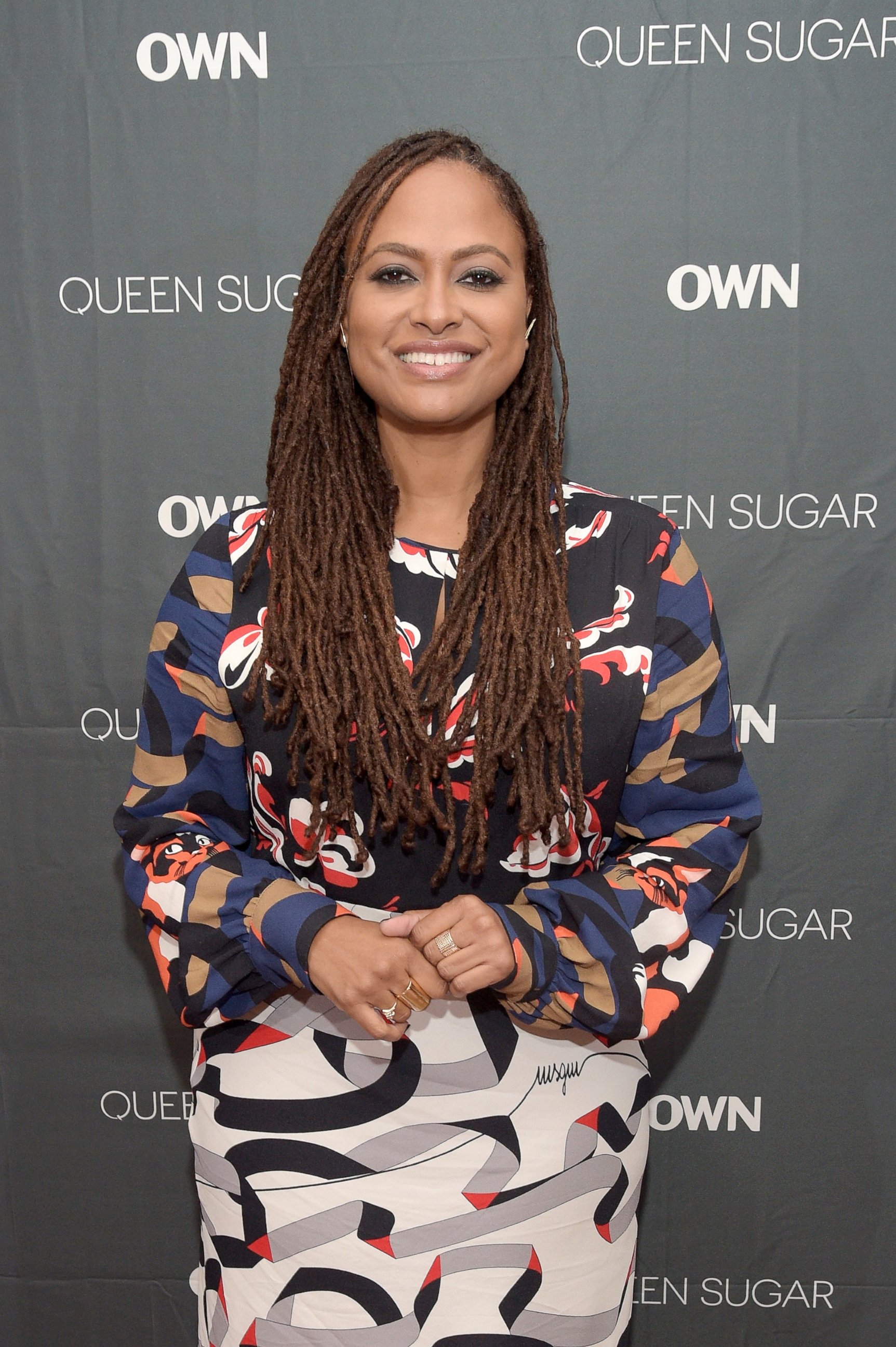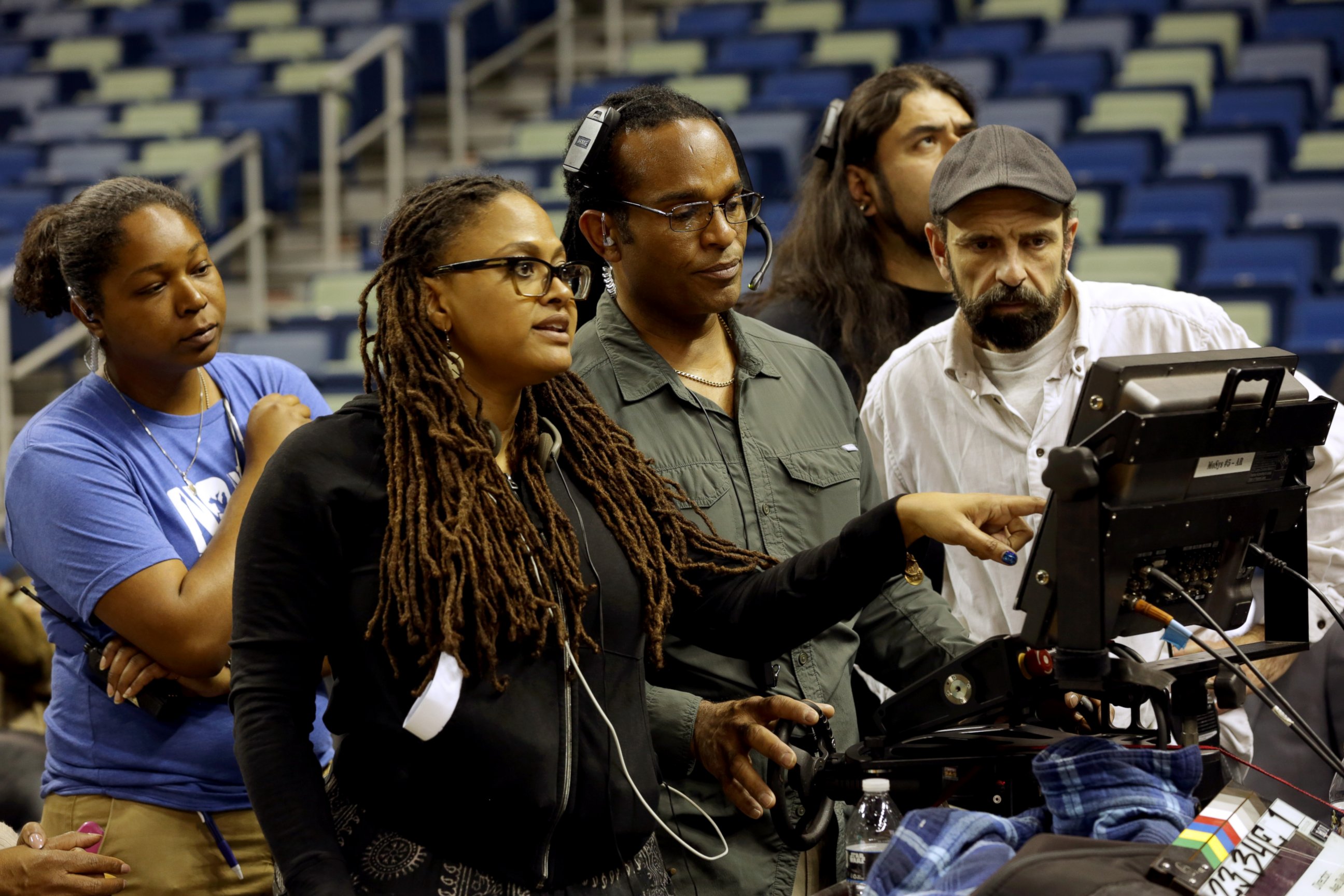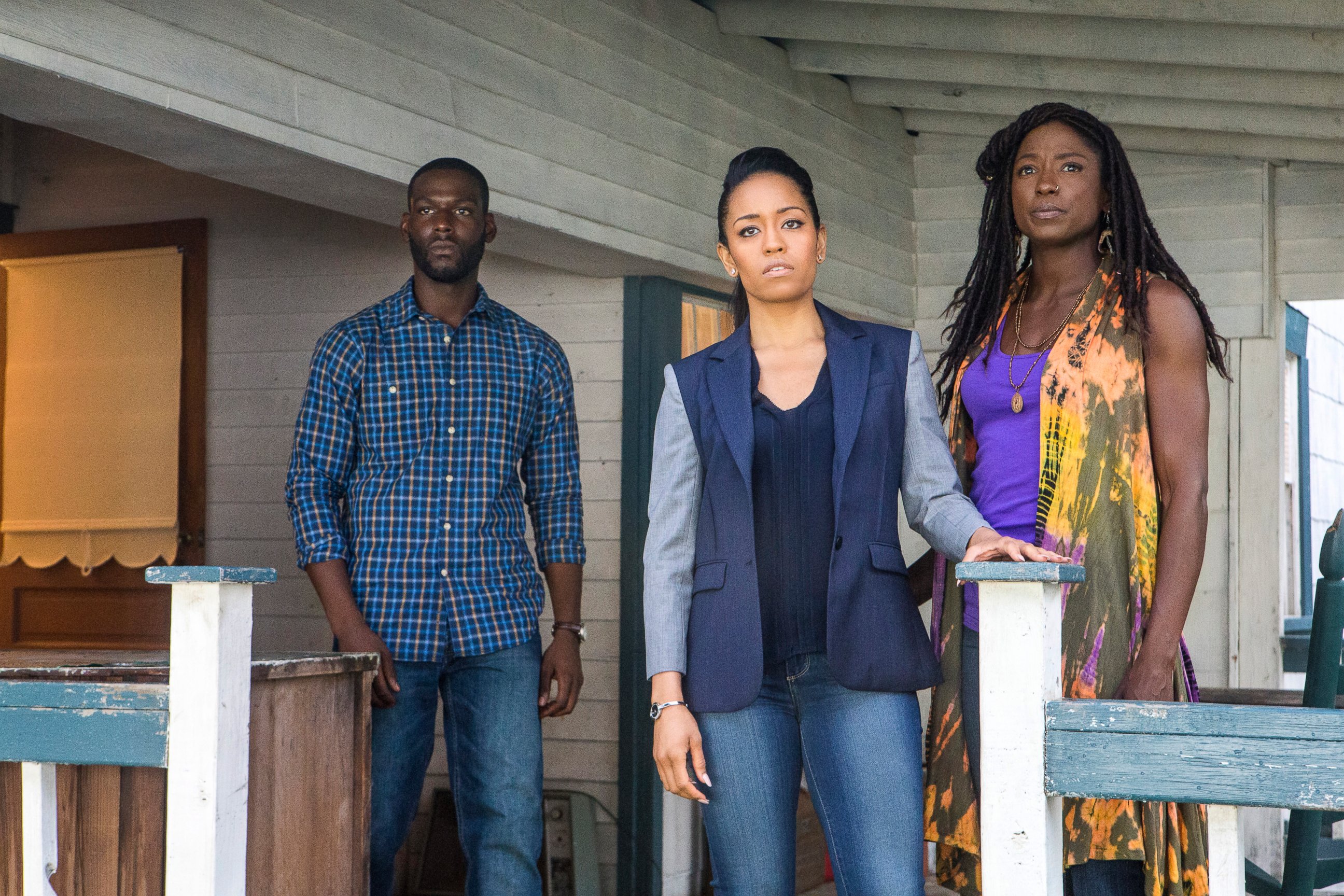Ava DuVernay's 'Queen Sugar' Is Nothing Like You've Seen on TV
The two are co-executive producers of OWN's "Queen Sugar," premiering tonight.
— -- "Queen Sugar" begins in darkness. A camera hovers tightly over a brown body decorated by black ink. And because the Ava DuVernay-directed camera magically captures the golden undertones of actress Rutina Wesley's skin, you may not even care to know what's being blurred out of the frame.
A window sits in the center of the frame when we meet Wesley, who plays Nova Bordelon, one of the siblings in this Southern drama, premiering on OWN tonight at 10 p.m. ET/PT. The series, created by DuVernay, centers on three children brought back together after a family tragedy.
You can tell this is DuVernay's first foray into television. It's nothing like you've seen on the small screen in a long time, but for the "Selma" director, it's classic DuVernay, or as she described it to ABC News -- there are "a few hallmarks."
The director, who spent much of her time growing up in sun-drenched locales such as Los Angeles and her father's home state of Alabama, has a thing for darkness. Perhaps she's reminding us that we don't actually live in universes lit by tungstens, LEDs and salogens.

Her 2010 film "I Will Follow" also begins with a window at the center of the frame with her characters dancing in and out of the shadows. And in "The Door" released three years later, you almost wonder what's happening beyond the spotlights on the dance floor.
DuVernay, 44, said for her latest project, "Queen Sugar," "The visual itself is such a huge thing to me."
"When we think about [a] story unattached to the image that tells the story, you’re not taking advantage of all the tools of filmmaking," she explained. "Everything in that frame is giving information."
DuVernay doesn't even call it television.
"I just wanted to make a film every week," she said. "So that’s hard to do because you’re trying to make a film in seven days. And you have one day off, and then you do it again, and one day off and do it again."
Not only does "Queen Sugar" look different -- capturing the blue haze of the South in a luminescent way that makes viewers pay attention to otherwise mundane objects that find themselves at the center of the frame like a tree, or a lamp or a row of dried-up sugarcane crops -- the series also operates differently.
It could even be called a feminist show. It shouldn't be notable that "Queen Sugar" is run by two female executive producers, Duvernay and Oprah Winfrey. And that every director in season 1 just so happens to be a woman. While DuVernay directed two episodes, she handpicked seven other women to helm the episodes.
Borrowing a word that Winfrey herself is often heard using, DuVernay said it was her "intention" to create a show that's not only diverse on screen, but behind the lens as well. She notes that the writing team, editorial team, director of photography, production and post production supervisors, line producer, and the heads of the makeup and hair departments are all people of color.

Nicholas Ashe, who plays the son of one of the Bordelon siblings, Micah West, said that because the TV series was adapted from a novel written by a black author, it makes sense.
"It’s based on a novel by Natalie Baszile, and because she was a woman of color, it could only be done with other women of color to enhance the story and take it to the next level," he explained, "so I think that’s integral to the story."
Co-star Kofi Siriboe agreed. "Instead of playing victim, I feel [DuVernay's] taking the initiative to make women responsible and actually put them in the positions that they deserve to be in."
DuVernay simply calls it "common sense."
"The prioritization of one point of view; it’s so over," she said emphatically. "The more kinds of opinions you have at any table, the better the ideas, the more robust the imagination, because there are more people thinking different ways because they’re coming from different experiences. It benefits me."

The filmmaker's partnership with Winfrey has also been beneficial.
And although she had to reportedly write, and re-write, and re-write the pilot episode before getting the greenlight from the TV behemoth, when asked what Winfrey taught her about compromise, DuVernay said "on this particular project I didn’t have to compromise."
"I already knew that it’s so rare that an artist, especially in any kind of corporate form, is able to be free and do what they want to do. And so I think what she taught me about compromise [is] how rare it is to have full support on an artistic vision and how much I crave that and want to nurture environments that allow that for myself and for other artists," she explained.
"I mean, to be able to be in a situation where someone is saying, ‘I may not agree with you but it’s your call.’ Or ‘You sure? You think about this? No? OK! Do your thing!’ Trusting in the artist's vision enough to let them speak and ... tell the story they want to say, it’s such a gift."




